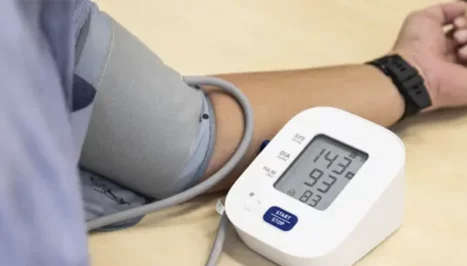All About Protein Intake After Weight Loss Surgery
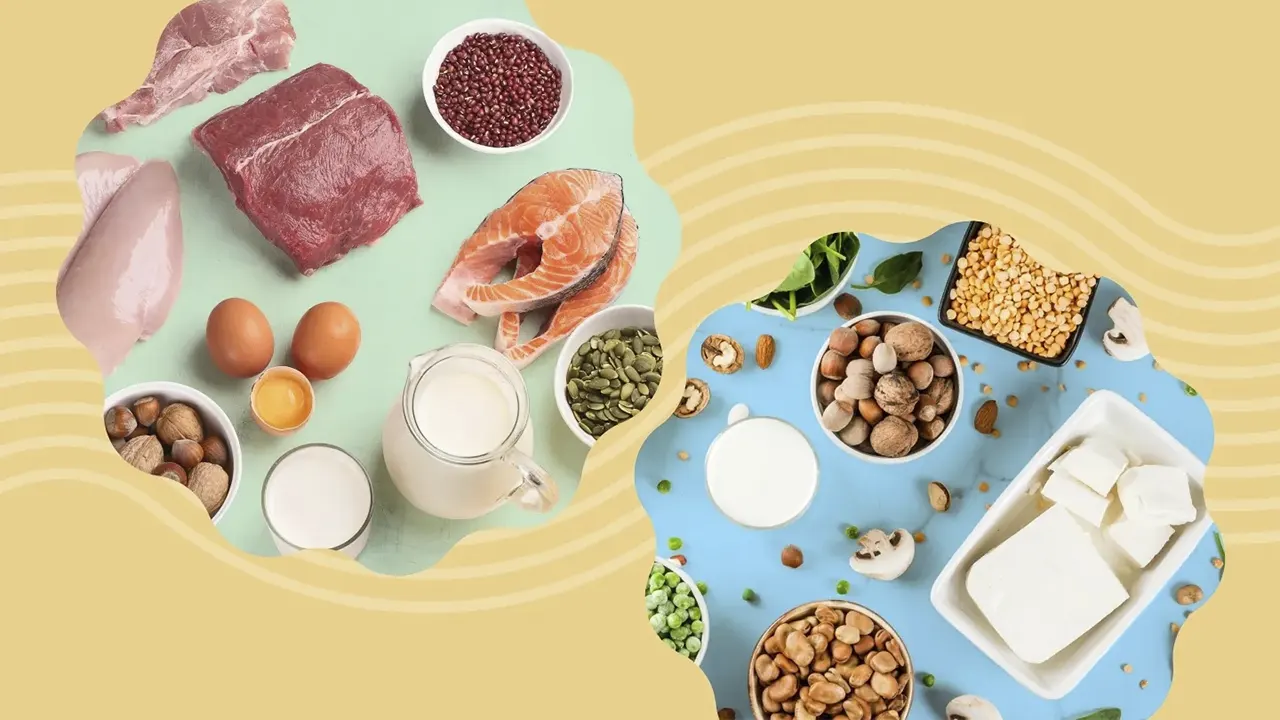
How am I supposed to eat 80 grams of protein a day with such a small stomach? That’s impossible!”
This is probably one of the most common and stressful questions patients ask themselves or their medical team after bariatric surgery. You’ve just gone through a major procedure, and now you are faced with what feels like an impossible dietary instruction.
In reality, protein intake after weight loss surgery is indeed a challenge — but it’s a challenge that, with awareness and proper planning, becomes not only achievable but also the cornerstone of your long-term success.
Why Is Protein Intake After Weight Loss Surgery So Important?
Protein intake after weight loss surgery is essential for your body. This isn’t about bodybuilding — it’s about quality recovery. Protein is your main tool for healing, maintaining strength, and achieving the best possible results after procedures like gastric sleeve or gastric bypass. Let’s break down exactly what this amazing nutrient does for you:
Protein Protects Your Muscles
After surgery, your body enters a rapid weight-loss phase. While burning fat is great, if you don’t get enough protein, your body also begins breaking down muscle tissue for energy. Losing muscle mass can lower your metabolism and increase the risk of weight regain later on.
Adequate protein intake after weight loss surgery acts like a shield, ensuring that your body burns fat instead of sacrificing precious muscle.
Protein Helps Heal Your Body After Surgery
Don’t forget — you’ve undergone a major operation. Your body needs building blocks to repair wounds, rebuild tissues, and fully recover. These building blocks are amino acids, found in protein. Without enough protein, healing slows down, leaving you feeling weak and fatigued.
Protein Keeps You Fuller for Longer
One of the smartest benefits of protein intake after weight loss surgery is satiety. Protein takes longer to digest than carbs or fats, meaning a protein-rich meal keeps you satisfied for hours. With your smaller stomach capacity, this advantage is crucial in helping you manage hunger and stick to your new eating plan.
Protein Prevents Hair Loss
Hair loss is a common concern after bariatric surgery, especially for women. Since hair is made mostly of a protein called keratin, a lack of dietary protein causes your body to prioritize vital functions like healing instead of hair growth. Ensuring adequate protein intake after weight loss surgery is the best way to minimize this issue.

How Much Protein Do You Need After Weight Loss Surgery?
Here’s where the numbers come in. Protein needs after bariatric surgery are significantly higher than for the average person.
- A healthy adult typically needs 40–50 grams of protein per day.
- After weight loss surgery, the general recommendation is 60–80 grams daily.
- In some cases, depending on your procedure and body condition, your surgeon or dietitian may recommend up to 100 grams per day.
| Group | Approximate Daily Protein Needs |
|---|---|
| Average healthy adult | 0.8 g per kg of body weight |
| Bariatric patient | 1.2–1.5 g per kg of ideal weight |
| General recommended intake | Minimum 60–80 g daily |
Meeting this amount with a smaller stomach requires a smart, strategic approach.
The Best Sources of Protein Intake After Weight Loss Surgery
In the early months after surgery, not every protein source will work for you. You need options that:
- Are easy to digest
- Take up little space
- Provide maximum nutritional value
Protein Supplements: Your Best Friend in the First Months
In the first few weeks, it’s nearly impossible to meet your needs with food alone. This is where protein shakes come in:
- Whey Isolate – Fast-absorbing, very low in lactose, and highly concentrated in protein.
- Casein Protein – Slow-digesting, great for feeling full longer or for use before bed.
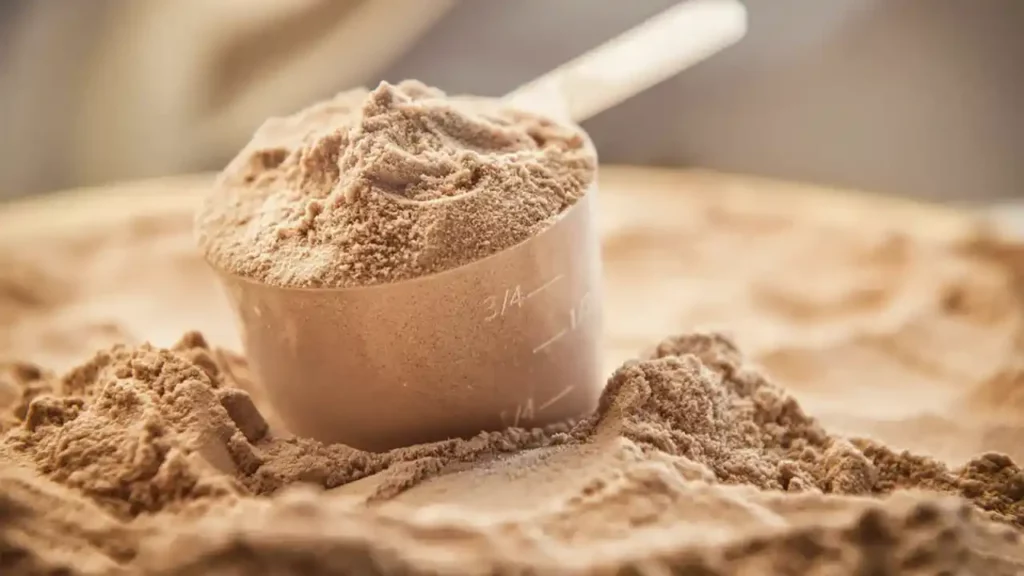
High-Quality Animal Protein Sources
Once you can tolerate solid foods, focus on complete, high-quality proteins:
- Chicken or turkey breast
- Fish (also rich in omega-3)
- Eggs
- Greek yogurt and cottage cheese
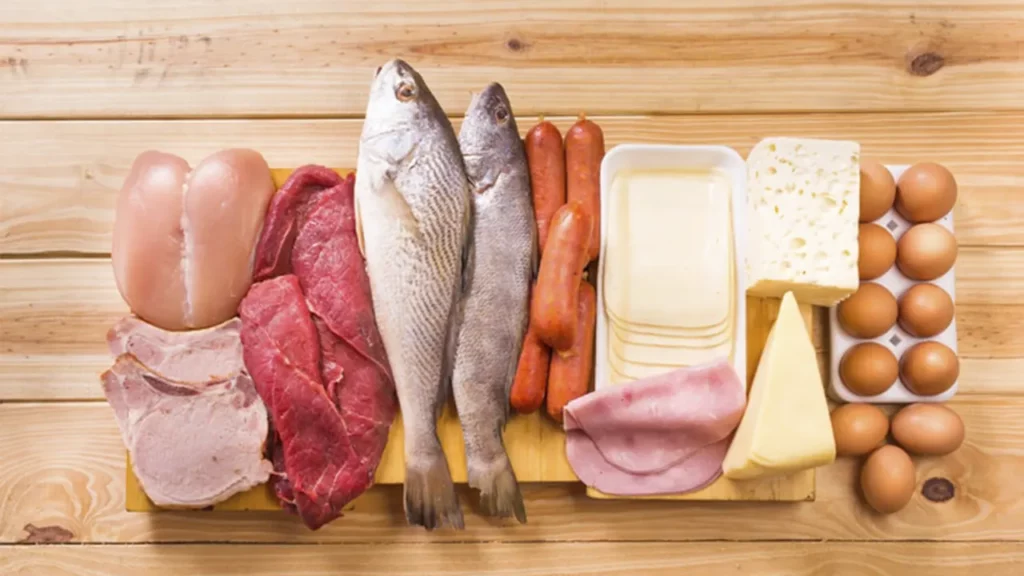
Plant-Based Protein Sources
Plant proteins can also support your diet, though they usually take up more space for less protein:
- Lentils and beans
- Tofu and soy products
- Quinoa

How to Reach Your Protein Goal with a Small Stomach
Here are practical strategies to help you succeed:
Follow the “Protein First” Rule
In every meal, prioritize protein. Protein intake after weight loss surgery should always come before vegetables, salads, or carbs. This way, you fill your limited stomach space with what matters most.
Eat Small, Frequent Meals
Instead of 3 large meals, aim for 5–6 small ones. This reduces strain on your stomach while ensuring steady protein intake throughout the day.
Drink Your Protein
Use 1–2 protein shakes daily. Each shake can easily provide 20–30 grams of protein in a small volume, making protein intake after weight loss surgery much easier.
Enrich Your Foods with Protein
- Add a scoop of unflavored protein powder to soups.
- Mix protein powder into yogurt.
- Choose protein-fortified milk.
These little tricks increase your protein intake without increasing food volume.
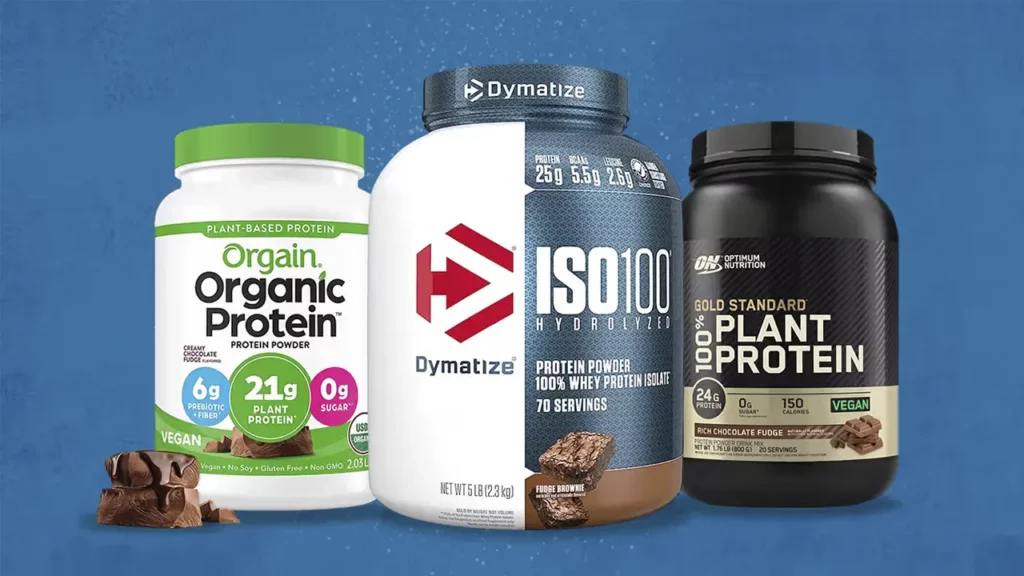
Final Thoughts
Protein intake after weight loss surgery isn’t just a suggestion — it’s a medical necessity for long-term success. While it may feel overwhelming at first, with time and proper strategies, it becomes a natural part of your new lifestyle.
Think of protein as the fuel for your new body — helping you stay strong, heal faster, and enjoy the life-changing benefits of your surgery for years to come. Always consult your dietitian for a personalized plan.
Also read this: forbidden drugs after sleeve gastrectomy
FAQs About Protein Intake After Weight Loss Surgery
Almost immediately. As soon as you begin your clear liquid phase, approved protein shakes should be introduced.
Whey isolate is usually safe since it contains minimal lactose. Other options include soy, pea, or egg-based protein supplements.
In the first 6–12 months, this is very difficult. Protein supplements play a key role. Later, as your stomach capacity increases, food can provide more of your daily needs.
For people with healthy kidneys, 60–100 grams of protein daily is safe. Just be sure to stay well hydrated.
Don’t panic. What matters most is consistency. Try to get back on track the following day with better planning.



